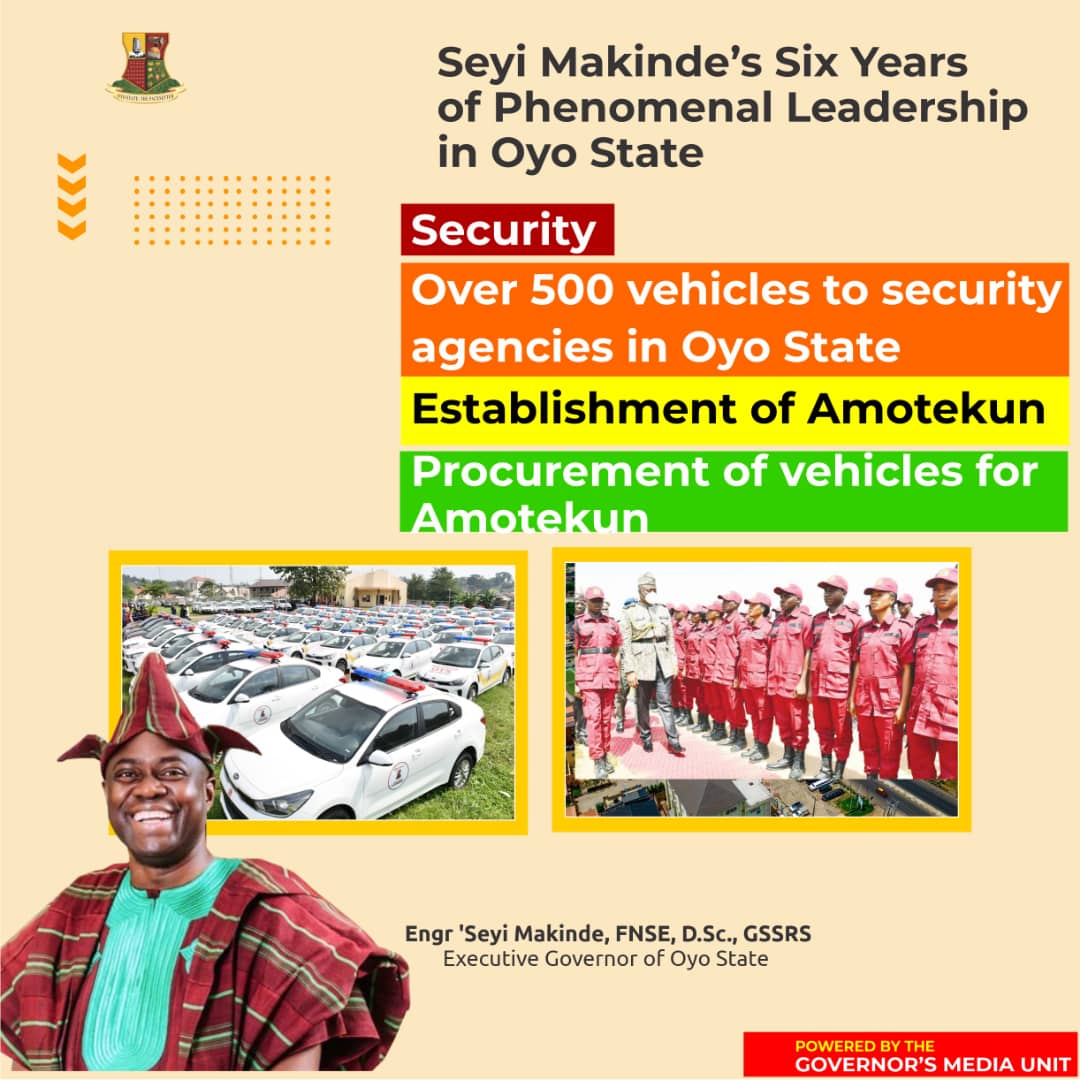
The news of the new Alaafin materialized slowly, until the chilling details emerged that the new king was merely ‘appointed’ by the state government and not carefully selected by the majority of the Kingmakers, as the customs and traditions of the ancient stool had spelt out. “The Alaafin is not chosen by consultation or divination”, the five out of seven Oyo Mesi in council led by Bashorun of Oyo had countered the state government after its pronounced Prince Abimbola Owoade the new Alaafin in a strongly worded statement late Friday night, 10th of January, 2025 “but in strict compliance with the registered Alaafin of Oyo Chieftaincy Declaration of 1967, which codifies the native law and custom governing the selection process.
By tradition, the selection process of most Kings in Yoruba land followed an established, timeless and age-long tradition that has defied western civilization and political encroachment, until recently. Across major Yoruba towns and villages, the functions of the kingmakers are both sacred and sacrosanct. In most cases, the Kingmakers only surface when the stool is vacant and often withdraw back into their shells once a King is installed. However, in Oyo and in many other places, the case is quite different and instructive. From the time immemorial, the Kingmakers, also known as the Oyo Mesi formed an integral part of the eminently powerful and influential chiefs and advisors that offer all round support to the Alaafin while alive and in death.

When the King is alive, the Oyo Mesi formed his Council and in death, they sit to deliberate on the next line of action regarding the throne. Historians such as Reverend Samuel Johnson contented that the Oyo Mesi was carved out before the advent of representative democracy in 17th century, and is headed by Bashorun or the Prime Minister who handle the rigors, intricate and delicate job of striking a balance between his role as Prime minister and that of a kingmaker. “The Oyo Mesi played an important role in advising the Alaafin and also had the power to influence royal succession and even dethrone the king if necessary”, Samuel Johnson argued in The History of the Yorubas “This council acted as a check on the power of the monarch, ensuring his rule did not become absolute”.
Hurdles Before the Throne: How Prince Lamidi Adeyemi Became the Alaafin by Onigegewura
Alaafin Ajaka, son of Oranyan was said to have institutionalized the Oyo Mesi following the death of his father and later his brother Sango. With the establishment of the new Oyo by Alaafin Atiba in 1838, the paraphernalia of the throne, having been lost to various wars and invasions were eventually restored in the new settlement. So, in some quarters in the present Oyo, it is believed that the ascension of Atiba as the Alaafin failed to follow the strict compliance of the previous occupant of that seat. That is, as at the time Atiba was made the king, Oyo Mesi was nowhere to be found. While that argument has been flawed, it is left to be seen how subsequent events surrounding litigation of the new Oba will play out. “After thorough consultation and divination,” Prince Dotun Oyelade commissioner for information and orientation had told newsmen early Friday morning, “the Kingmakers, otherwise known as the Oyo Mesi, recommended Prince Abimbola Akeem Owoade as the new Alaafin”. He added that the recommendation was subsequently approved by the Governor.
While the legality and legitimacy of Prince Abimbola announcement quickly sparked mixed reactions, it called to questions some of the underlying power play and dark politics that snowballed into this full blown and all-out war against one of the most prominent royal institutions in Africa.
Part One – Attack and Destroy
Recall that in October 2022, all the 7 Kingmakers comprising Bashorun, Laguna, Agbaakin, Akinniku, Samu, warrant chief for Asipa and warrant chief for Alapinni of Oyo, after rounding up the screening exercise of about 84 interested Princes unanimously selected Prince Lukman Gbadegesin as the successor to the late Alaafin Lamidi Adeyemi who died in April of that year. As captured in the chieftancy declaration, Gbadegesin’s name was thereafter forwarded to the Governor for approval. For months and years, the seven kingmakers waited endlessly and frustratingly until their ranks and files were penetrated, depleted and compromised. While Ibadan, Ogbomoso and Iseyin had their kings installed and coronated, the people of Oyo watched with disappointment and anger as efforts to get a new king stalled.
Instead of demonstrating leadership where it matters, Governor Seyi Makinde particularly resorted to cheap blackmail, open and subtle threats, witch hunting, and character assassination of the kingmakers. In cahoots with local collaborators and accomplices, the state government broke Oyo Mesi into a bitter two and pitched brothers against one another!
Apart from the official kingmakers, across towns and villages, there are other highly powerful makers of kings. These people, resource blessed, closed to the corridor of power and connected to the movers and shakers command significant respect, influence, and reverence in the community and beyond. Rally those heads together and you will be made the king. Fight those heads and watch as your aspiration dissolved into the quicksand of oblivion. In Oyo town, these influential personalities were equally interested and passionate about having their ways in the selection process. While there were cracks at the initial of stage of the selection, the divisions were kept away from the public eyes. Insider source revealed that a particular power broker, having supported the aspiration of Prince Gbadegesin started to bite more than can be chewed with a few to rendering the new king a toothless bulldog once he ascends the throne. Aware of the enormity and weight of the throne, the prince resisted the overtures and refused to play along. Furious, the said power broker rallied against the once smooth, seamless and transparent selection process and turned it into a spectacle of chaos and acrimony.
Apparently, Governor Seyi Makinde wasn’t misled to put his fingers in the cookie jar of this controversy. Instances in other climes revealed that despite outcry and criticism, the Governor was quite desperate and hell-bent at installing lackeys into prominent royal stools in the state. Today, it is either an Oba is clashing, wrestling or meddling into the religious affairs of his subjects or another Oba is adamant about addressing hanging crisis hooting and hovering around his head because the visiting clerics who came to report the boiling trouble have refused to prostrate to him. We are all witnesses to the denigration, balkanization and destruction of our once revered royal institutions.
Connect the dots. In 2027, political plots will thicken. Like the saying, he who pay the pipers will dictates the tunes. To have all prominent kings install in a lifetime must have been an unthinkable and spectacular achievement but to do so without grace, candor and wisdom must have been a defeat of that accomplishment.
OYO101 is Muftau Gbadegesin’s opinion about issues affecting the Oyo state and is published every Saturday. He can be reached via @Upliftnuggets on X, muftaugbadegesin@gmail.com



